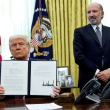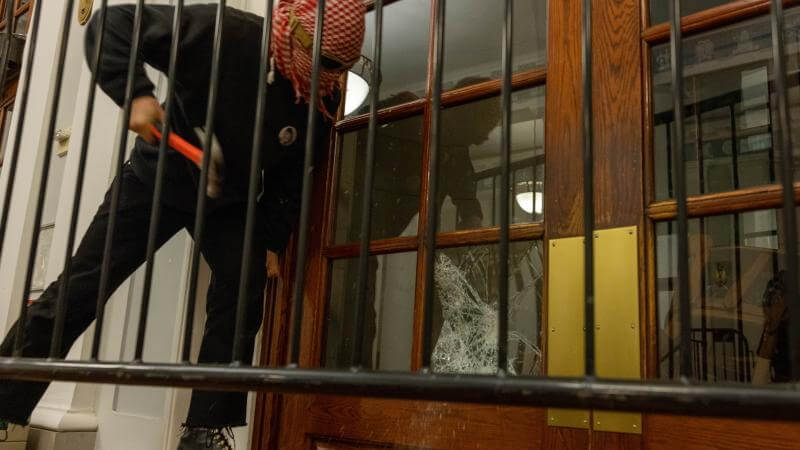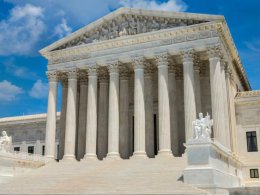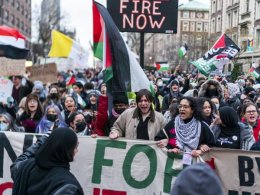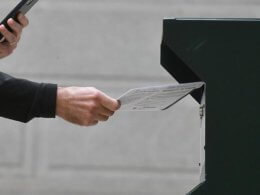Universities across the U.S. are implementing stricter administrative policies regarding on-campus protests as students return from summer break and following the chaos from last semester's protests sparked by Palestinian-affiliated Hamas's Oct. 7, 2023, terror attack on Israel that resulted in Israel's war in Gaza.
Anti-Israel protests occurred Monday on at least one college campus, George Washington University, in Washington, D.C. And the expectation is that protests will resume at other campuses as students return.
In July, the Young Democratic Socialists of America passed a resolution asking students to hold a national strike over the Israeli-Hamas war.
Columbia University’s Office of the President issued a statement last month that it will have a “mediation” program to facilitate constructive dialogue. The University Senate’s Committee on the Rules and University Conduct is reviewing the rules governing student protests, according to the statement, but no specifics were offered.
“We are addressing concerns we have heard from the community over the time required for investigations and are strengthening our processes. The entire community should be able to easily understand what behavior we expect from each other and what will happen if rules are violated,” the statement said.
Minouche Shafik, who was the Ivy League school's president at the time of the protests, and was criticized for her response, resigned earlier this month.
Regents and campus leaders at the University of California 10-campus system are saying they will not tolerate encampments and enforce rules governing protests, the Los Angeles Times reported. The university is facing lawsuits stemming from Jewish students who were physically blocked from walking on campus.
The University of Illinois also updated its policies governing protests, including changing definitions of “structures.”
Related Story: More Than 2,000 Arrested so Far at Pro-Palestinian Protests on U.S. College Campuses: AP





